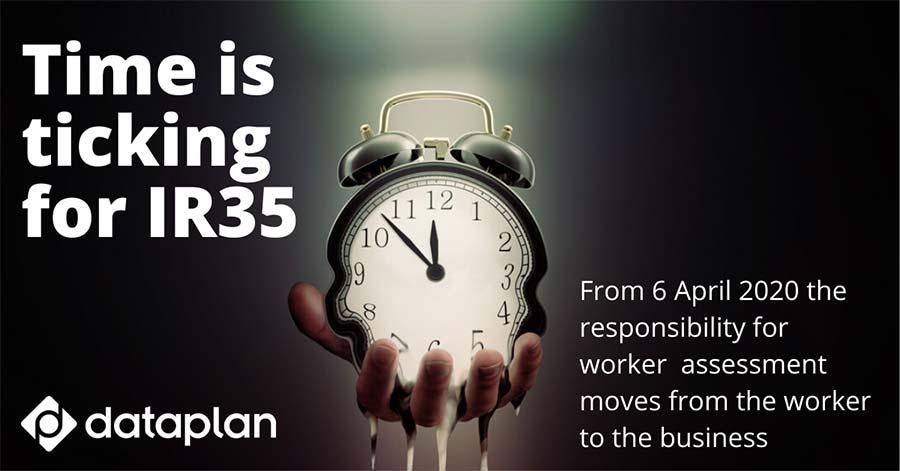
In my October blog on IR35 options I covered various alternatives for handling IR35 from sticking your head in the sand (sadly all too common) to operating IR35 correctly for individuals working through a Personal Service Company (PSC).
With this blog I will give more detailed information on a couple of the options available, I will ignore the head in the sand option, as it is not actually an option!
The importance of assessing each worker engaged though a PSC before they start the contract
This is a must for all engagers who have PSC’s working in their organisation. It cannot be over stressed but the responsibility for assessing whether IR35 applies will fall on the engager for both the public and private sector from 6 April 2020.
This is an alien concept to most organisations, because when an invoice is received, it is checked, and if appropriate, paid in full without question.
This requires a change in mind set, not only for finance departments but more importantly for every member of staff in the procurement chain. IR35 must be considered and checked before the worker/contract commences.
I have seen cases where invoices appear 3 or 4 months after the contract started. Naturally the worker will expect full payment through their PSC, employment status has never been challenged (they have never assessed themselves as caught by IR35 rightly or wrongly), they want paying.
It is at this stage that it is very difficult to re-assess a worker as caught by IR35. Nevertheless the assessment must be made. The IR35 employment status assessment, and necessary discussions with the worker, is far easier to manage at procurement stage.
Although I would recommend that only 1 or 2 individuals within the engaging company are involved in the actual assessment, do not underestimate the involvement of all necessary and appropriate employees in the chain involved in engaging PSC’s.
Make use of CEST
HMRC’s updated Check Employment Status Tool (CEST) and is one part of the assessment process. However the engager will need to obtain detailed information such as;
- What is the nature of work to be done?
- Where it is taking place?
- Under what control?
- What equipment will be provided by the PSC (if any)?
- Is the worker working through the PSC covering for a regular employee?
- What are the terms of payment?
- What is the length of the contract.
This all requires preparation. Employment Status is a subjective matter, the worker will probably disagree with an assessment of deemed employment. Providing a detailed assessment (including the result form CEST) will make your life much easier.
What happens if the assessment deems the worker to be caught by IR35?
If you have reviewed the terms of the contract and the work to be undertaken and used HMRC’s CEST tool to confirm your thoughts on the status, what happens if the worker is caught by IR35?
The starting point is to advise the worker and provide reasons for the decision. You should also provide them with a copy of the CEST outcome. The worker may come back to you with further representations and opinions, but remember the assessment is yours not theirs.
The workers commences and sends invoices (under the terms of the contract) to you in a monthly basis. What do you do? If you are a client of Dataplan, you provide us with a copy of the invoice and advise that the worker /contract is under the IR35 rules.
A starter checklist will be required before the payment can be processed, this is because we will need the workers full name, and personal details such as National Insurance number. Let’s say the invoice is £1200 (makes life easier for my calculations!), and the PSC is VAT registered.
Time to do the deemed calculation…
VAT is excluded from the calculation (we don’t calculate a tax on a tax)
The amount liable to tax and NIC is therefore £1000.
As the worker has other employment, they are an employee of their own Limited Company, tax must be deducted at basic rate:
Deemed Payment £1000
Income tax at 20% £200
Employee NIC at 12%* £120.00
Employers NIC at 13.8%* £138.00
* £1000 less Primary threshold per month for 2019/2020 £719
Amount payable to the PSC £880.00 (£1200- £200-£120)
The cost to the engager is £1200 plus the employers NIC of £138.00 = £138.00
The worker is provided with a payslip as they will require evidence of the deductions for their self-assessment tax return.
This change is happening on 6th April 2019 so time is ticking. Act now!
I will review the new CEST tool in my next IR35 blog, assuming it is released by HMRC in December.
